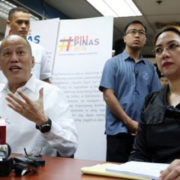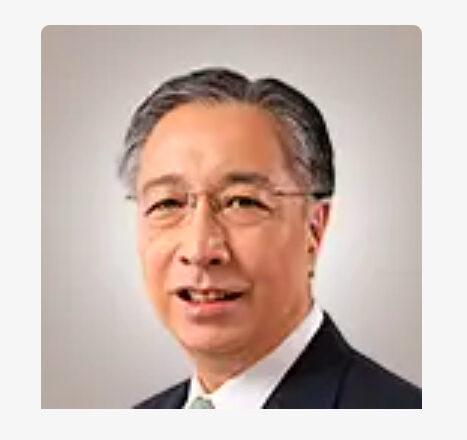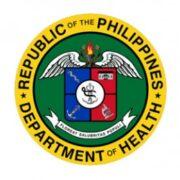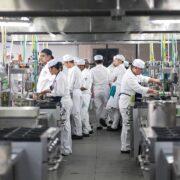After months of hearings, two committees of the House of Representatives on Tuesday, August 15, cleared former president Benigno “Noynoy” Aquino III of the issue regarding the 2016 dengue vaccination program and the use of the controversial vaccine Dengvaxia.
The Committee on Good Government and Public Accountability chaired by Surigao del Sur Rep. Johnny Pimentel and the Committee on Health chaired by Quezon Rep. Angelina Tan were the two panels that deliberated on the said issue.
In a report from The Philippine Star, the two committees stated in a draft report that the dengue vaccination program was deemed as a “judgment call on the part of the previous administration.”
“The action of the administration at the time to implement a dengue vaccination program was unquestionable,” the report stated.
The committees considered that the program was only intended to address the increasing number of those with dengue fever all over the country. They also emphasized the danger that the disease poses.
“Indeed, the morbidity and mortality data at the time showed that dengue has become a worrisome monster killing hundreds of Filipino,” the committees reported.
The panels also stated that the administration under President Rodrigo Duterte continued the vaccination program and even expanded it to Central Visayas.
The two committees also noted that there was a rush in the acquisition of the vaccines. The dengue vaccination program, according to them, “disregarded existing laws, rules and regulations.”
The two panels decided that the effectivity and safety of Dengvaxia remained “under review and study.”
The Dengvaxia controversy started when a number of children who received dengue vaccines were reported dead. Several sectors believed that those children died because of Dengvaxia. As of April 2018, the Department of Health (DOH) reported 62 deaths.
The committees have yet to conclude whether the government’s immunization program caused the fatalities. However, they noted that proper authorities are handling the situation.
“There is no conclusive finding that Dengvaxia directly caused the death of inoculated patients. Cases have been filed and are pending before various jurisdictions to settle the issue,” the report said.
Sanofi, the drug’s manufacturer, continued to stand by the product’s efficacy and safety. The report cited that the World Health Organization (WHO) approved of the vaccine but pointed out that there were risks for sero-negative persons or those with no prior dengue infections.
“Dengvaxia is believed to be effective only on person sero-positive (with prior dengue), the committee said.
The house panels recommended the filing of “administrative and criminal cases against government officials, employees, and private individuals” responsible for the procurement of the said vaccine. Among those with pending charges were the former president Aquino, former health secretary Janette Garin and former budget secretary Florencio Abad.
The draft report did not fly by without objections. Camarines Sur Rep. Gabriel Bordado and Dinagat Islands Rep. Kaka Bag-ao asked for a one-day delay in order to read it. They rescheduled the approval on Wednesday, August 15.
1.2 billion for Dengvaxia victims
The committee on appropriations chairman and Davao City Rep. Karlo Nograles urged the Senate to approve the 1.2 billion supplemental budget for victims of the dengue vaccination program. The House of Representatives passed the budget last June.
“My appeal is for senators to approve it before we go on recess this weekend. The Department of Health (DOH) has started patient check-ups and fieldwork in communities where children were administered Dengvaxia vaccination, so they need this budget that is exclusively allocated for such purpose,” Nograles said.
Nograles also said that part of the money would be used to seek all 900,000 children who went through the vaccination program to establish “baseline study and medical profile.”






